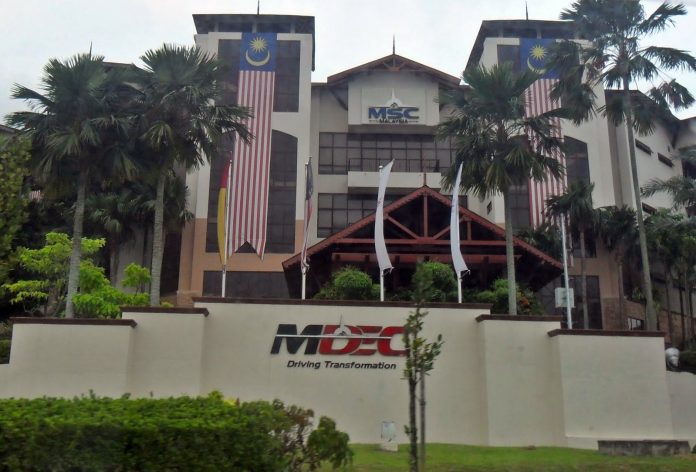By Surina Shukri, CEO of MDEC
JOBS
COVID-19 accelerated tech adoption and already, Malaysia’s unemployment rose from 5% to 5.3% in a month, from April to May this year. The nature of employment has consequently shifted from full time to part time jobs or to gig-economy jobs.
The shift has also brought to light that so-called ‘low-skilled’ workers are vital to keep our lives going; During the lockdowns around the world, these workers were our frontliners to maintain delivery and take care of our basic needs. There is an argument that eventually, automation will take over many of these jobs.
While there will always be services provided by low-skilled workers, most newer jobs may call upon different or higher skill sets. Being able to reskill and upskill to keep up with the times is key to sustaining the economy of a country!
I’ve said this before – Creating jobs alone is not enough. Just as crucial is ensuring that workers are equipped to handle the shift in skills demanded by employers and the overall job market. And any mismatch of jobs to skills, reflects a gap in Malaysia’s education and a rapidly changing economy.
Digital All The Way
So, what exactly are the skills demanded looking like these days?
MDEC’s recent analysis among various job search sites (LinkedIn, Jobstreet, Monster, Indeed and Jobstore) show an increasing demand for digital jobs.
Industries Are Going Digital
The results were that across all portals, there is an average of 3,895 IT-related jobs. Also, as mentioned just now, the total number of IT-related jobs advertised in all 5 portals, minding the possibility of duplications of course, amount to 20,000! And finally, do note that about 77% of IT jobs advertised on these portals are for experienced positions.
Hardly a surprise at this stage, the IT-skew tells you a lot about the general direction that industries are moving in – digitalisation.
Emerging Jobs Are Digital
Echoing this is LinkedIn’s 2020 Emerging Jobs Report Malaysia. The top 10 jobs all have a digital component; Data scientist, data engineer and data analyst emerge in the top 12 jobs, reflecting the government’s commitment to securing Malaysia as a leader in big data.
LinkedIn also reports that e-Commerce is fueling demand for hard and soft skilled talent in the internet economy! Online platforms need technical talent to build apps and online sales portals for instance. But also, they need those who can leverage such platforms and engage online customers – jobs like digital marketing specialists and community managers come to mind.
SKILLS
Non-negotiable Skills In This Digital World
Besides the skills demanded above, the structure of working has changed – from full time to employment contracts, gigs and flexible arrangements. So, graduates must get used to pitching for gigs and working for multiple clients at the same time. Soft skills like storytelling, writing skills and presentation skills are becoming essential skills to secure gigs.
Graduates must be agile and develop problem solving skills. Transferable skills will be key to landing and keeping a job.
MDEC’s Long Game
Well, in case you wondered how MDEC has been and will continue to support students and the workforce through the transitions demanded of them, let me quickly share three avenues you can immediately tap:
- MDEC’s Let’s Learn Digital is a partnership with Coursera that offers access to 3,800 courses, free until September 30th! That is a huge opportunity to learn, unlearn and relearn specific skills in demand.
- GLOW or the Global Online Workforce, a national programme, is designed to enable Malaysians to be a part of the global online workforce and earn income. Go to glowmalaysia.com and mdec.my for more information.
- #mydigitalmaker is a movement to prepare Malaysian students as we head towards IR4.0, to future proof their education and careers.
Essentially, technology and innovation are changing jobs and skill-demands. Clearly, three parties have their respective roles to play in moving education forward. Their roles will be elaborated in the closing installment of this two-parter.
For now, I have one more avenue for you to tap if you were a student, fresh grad or member of the Malaysian workforce. It is #mydigitalworkforce week which is coming up in the second week of August. It aims to bring the talent supply and demand to focal point, to facilitate matching. Why we are organising this is because MDEC understands the need to explore ‘place and train’ as a new norm, so that people with baseline skills can be upskilled to requirements.
For more information on #mydigitalworkforce, please visit mdec.my.
Part two of this article can be viewed here.




















